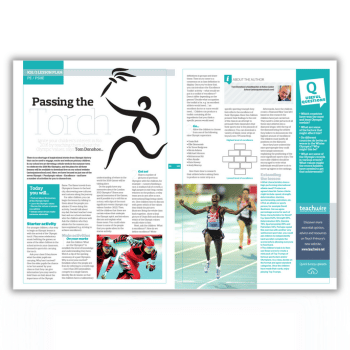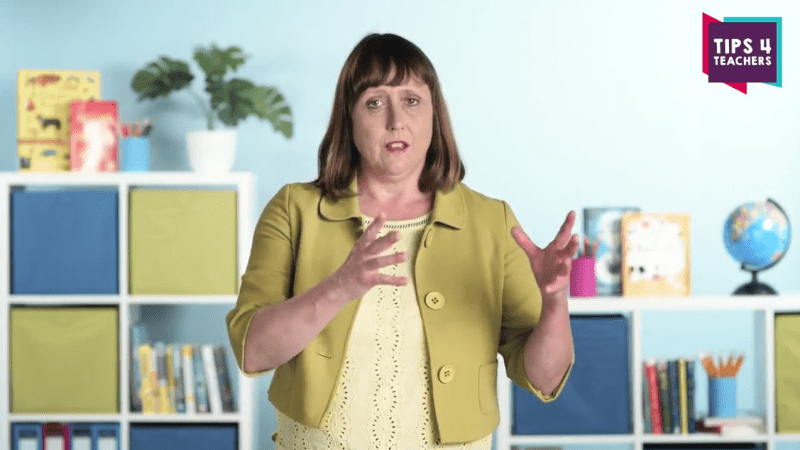High-Stakes Accountability is Forcing Teachers to Quit

This relentless obsession that now goes hand in hand with being a teacher is driving good people out of the profession, says The Primary Head…

According to some recent research by the UCL Institute of Education, the most cited reason why teachers leave the profession is workload.
Of those who have most recently left, even those who felt they knew in advance about what the workload pressures would be like have indicated that they underestimated the challenge.
Like Hercules finally reaching his 12th labour, only to discover that Cerberus wasn’t a fun family board game where you mould your favourite TV shows out of plasticine but was in fact a three-headed hound from hell that needed wrestling, a teacher’s workload is somewhat tougher than you would at first imagine.
When I speak to teachers about their workload, I often hear them say that it isn’t the regular workload that challenges them but all the additional tasks that either mount up or are sprung on them at the last minute.
The sudden need for a class survey about how they travel to school, a request for every child to draw their portrait in blue ink so the PTA can print them on a tea towel ready for the Christmas fair, a demand that they memorise a short 16th poem in time for the governors’ assembly that afternoon, an apology that the school server went down over the holiday so could everyone re-input their data from last term… I could go on.
To add insult to injury, these requests are normally delivered with the assurance that “it won’t take long”.
No, it won’t take long, unless of course you also have a day of lessons to deliver, a spelling test to administer, a circle time to get through, a book to read and several arguments about gel pens to deal with.
If you do have all of that to contend with (and if you’re a teacher then you probably do) then the assurance that it won’t take long is about as comforting as the Biro-scribbled card that kid designed for you at wet play that decreed you to be the “best teecher efer”.
As a headteacher who can just about remember what it was like to do an honest day’s work in the classroom, I try as hard as I can to avoid such irritating demands. And by ‘avoid’, I mean strategically plan and give as much notice as possible.
It’s not that I think school tea towels are more important than maths coverage but, well, parents do love them and that new TV in the foyer isn’t going to pay for itself.
But it isn’t just the quantity of work that is the problem; it’s the nature of the work as well. According to the study, what is really making teachers hang up their mortarboards is the relentless obsession with high-stakes accountability that now goes hand in hand with being a teacher.
It is exhausting! This has nothing to do with teachers being afraid of a bit of hard work but it has everything to do with the drain that is caused by feeling you are being constantly tested.
Being accountable is fine. But the rigour with which we are now held to account – thanks in no small part to performance-related pay – has driven out trust between leaders and teachers.
Since becoming a head I have worked hard to build professional cultures in schools where there is trust. Schools where everyone knows I am invested in them and motivated to support them with no wish to enforce ‘my way’.
And yet, I have lost count of the number of teachers who have worried about what I thought of them as a teacher after I have been in their classroom for less than hour.
Even when I have reassured them I am not judging them, I don’t have a preferred learning style and I’m not looking to catch them out, I can still sense the fear factor.
I put this down to an evolved state of professional muscle memory. Either that or my use of tutting when teachers are explaining something to their pupils. (Joke!)
In all seriousness, though, managing workload is all about the planning. Leaders need to not only structure teachers’ workflow throughout the year but also share the ethos behind it.
Leaders must convince teachers that these tasks are designed to support their teaching so their pupils achieve and are not tools to be used during a teacher autopsy at an appraisal review.
Leaders must be evangelical about their own commitment to supporting teachers so they can teach: if you fail then I’m right beside you, pal. Only then will the trust come back and teachers may not feel the urge to walk away from the best job in the world.
The Primary Head is the headteacher of a UK primary school. Find them at theprimaryhead.com and follow on Twitter at @theprimaryhead.











